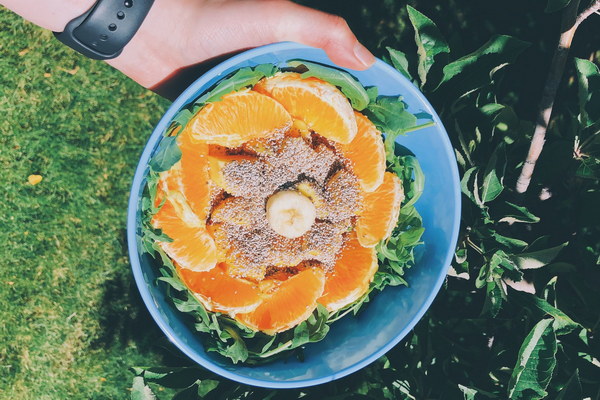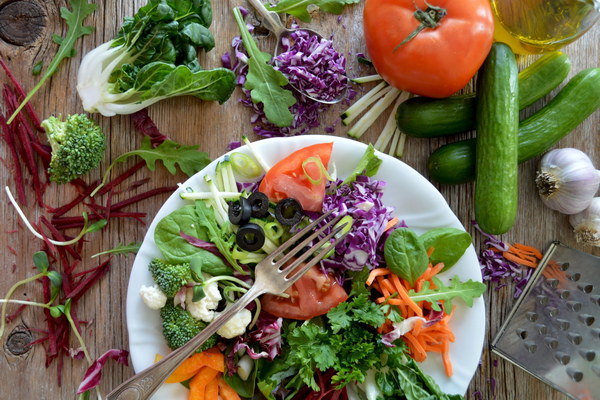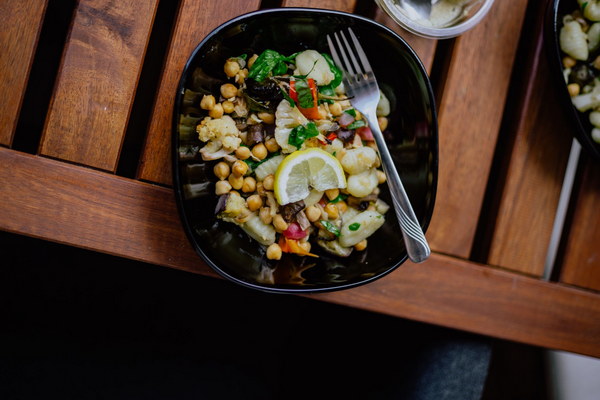Can Nourishing Alone Be Effective for Spleen and Stomach Cold without Traditional Chinese Medicine
Introduction:
Spleen and stomach cold is a common condition characterized by symptoms such as fatigue, bloating, diarrhea, and abdominal pain. Many individuals turn to traditional Chinese medicine (TCM) for treatment, but some may wonder if nourishing alone can be effective. In this article, we will explore the possibility of managing spleen and stomach cold symptoms through nourishment alone, without relying on traditional Chinese medicine.
Understanding Spleen and Stomach Cold:
Spleen and stomach cold, also known as spleen and stomach deficiency, is a concept in TCM that refers to a condition where the spleen and stomach organs are weak and cold. This condition can arise from factors such as poor diet, excessive stress, or cold weather. The spleen is responsible for transforming food into nutrients, while the stomach is responsible for digesting and absorbing those nutrients. When these organs are weak and cold, it can lead to various digestive issues and overall weakness.
Nourishing as a Treatment Approach:
While traditional Chinese medicine offers various treatment options for spleen and stomach cold, many individuals prefer to explore alternative approaches, such as nourishment. Nourishing involves adopting dietary and lifestyle changes that support the spleen and stomach, helping to alleviate symptoms and improve overall health.
1. Dietary Changes:
A key aspect of nourishing is adjusting the diet to include foods that are warm, soothing, and easily digestible. Some beneficial foods for spleen and stomach cold include:
- Warm, cooked vegetables such as carrots, pumpkin, and sweet potatoes
- Lean proteins like chicken, turkey, and fish
- Foods rich in vitamin B12 and iron, such as lentils, tofu, and eggs
- Gentle spices like ginger, cinnamon, and turmeric
- Fermented foods like yogurt and sauerkraut, which help improve digestion
It's important to avoid cold, raw, and difficult-to-digest foods, such as ice cream, salads, and greasy fried foods. Additionally, reducing intake of caffeine, alcohol, and excessive sugar can also be beneficial.
2. Lifestyle Changes:
In addition to dietary adjustments, adopting a healthy lifestyle can also aid in managing spleen and stomach cold symptoms. Some lifestyle changes to consider include:
- Regular exercise, such as walking or yoga, to improve circulation and boost overall health
- Adequate sleep to support the body's healing process
- Managing stress through relaxation techniques, such as meditation or deep breathing exercises
- Avoiding smoking and limiting alcohol consumption

Can Nourishing Alone Be Effective?
While nourishing can be an effective approach for managing spleen and stomach cold symptoms, it's important to note that individual responses may vary. For some individuals, nourishing alone may be sufficient to alleviate symptoms and improve their quality of life. However, for others, a combination of nourishing and traditional Chinese medicine may be necessary.
It's crucial to consult with a healthcare professional, such as a doctor or a TCM practitioner, to determine the best treatment plan for your specific condition. They can provide personalized advice and guidance based on your symptoms, medical history, and overall health.
Conclusion:
While nourishing alone can be an effective approach for managing spleen and stomach cold symptoms, it's important to consider individual variations and consult with a healthcare professional. By adopting a balanced diet and healthy lifestyle, you can support your spleen and stomach health, potentially reducing symptoms and improving your overall well-being.









